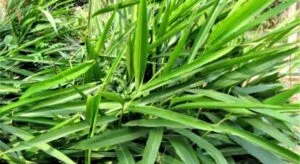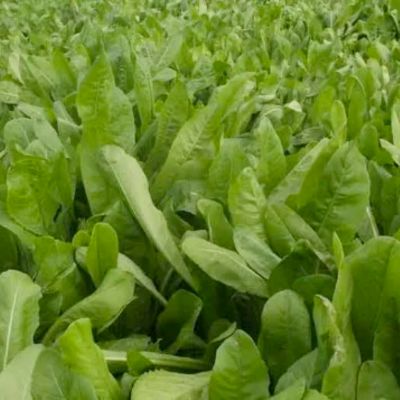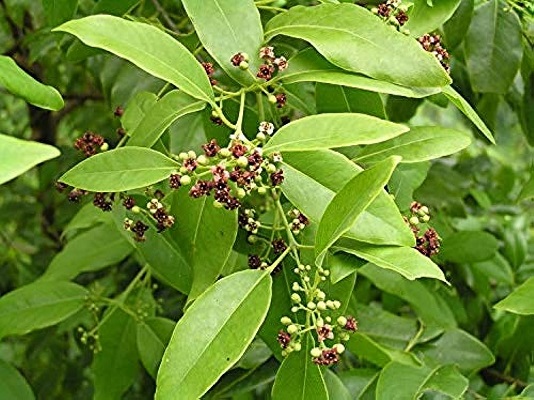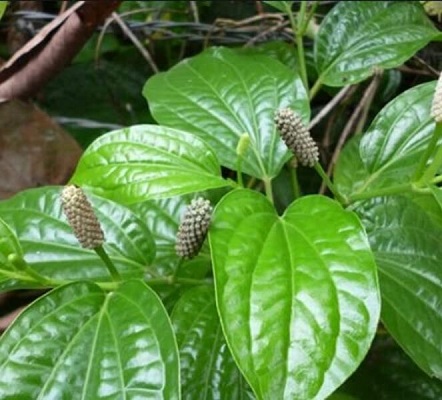On This Page
Rasna – Alpinia calcarata
Introduction
Rasna, commonly known as Lesser galanga is one of most commonly used herb for the alleviation of inflammatory conditions and bacterial diseases. Rasna is the best used herb for curing swelling and inflammation. It is used in form of decoction or powder to cure various diseases. Rasna is also known for it’s antibacterial actions and the ability to pacify skin allergic conditions.
Dr.Gupta’s IAFA have been studying on readily available herbs for the purpose of alleviating allergic condition. Our experts studied on Rasna and proven the plant’s therapeutic activities like Aromatic, Stimulant, Carminative, Antibacterial, Anti-inflammatory actions etc. Vidanga can be used in various diseases like Rheumatoid arthritis, Gouty arthritis, Skin disorders, Digestive disorders etc. Hexane extract of Rasna shows antimalarial action. Ethanolic extract of Rasna causes inhibiton of Th1 cytokines thus can be used as a potent immunosuppressive agent. Extract of Rasna is also proven to be antioxidant in action.
Action of Rasna – Alpinia calcaratain Allergies
IAFA experts have successfully proven the antiallergic property of the plant Rasna. The plant contains phytoconstituents like methyl cinnamate, cineole, camphor, pinene, galangol, alpinol, galangin etc. These phytoconstituents aids the antiallergic, antibacterial and anti-inflammatory property of Rasna. It can be effectively used to alleviate skin allergic conditions.
Vernacular Names
| Sanskrit Name | Rasna, Sugandha, Surasa |
| Hindi Name | Rasan |
| English Name | Lesser galanga |
| Malayalam Name | Aratta |
| Kannada Name | Rasna, Chikkadumparasme |
| Marathi Name | Rasana |
Botanical Name
Alpinia calcarata
Family
Scitamaceae
Morphology of Rasna – Alpinia calcarata
- An erect under shrub
- Stem is slender
- Leaves are lanceolate, acuminate, green and glossy
- Inflorescence is panicle
- Flowers are yellow coloured
- Fruits are globose, capsule and red on ripening
Ayurveda reference of Rasna – Alpinia calcarata

Geographical distribution of Rasna – Alpinia calcarata
Rasna grows very commonly in South India, especially Karnataka, Kerala and Andhrapradesh.
Phytoconstituents of Rasna – Alpinia calcarata
The plant contains phytoconstituents like methyl cinnamate, cineole, camphor, pinene, galangol, alpinol, galangin etc.
Parts used of Rasna – Alpinia calcarata
- Root
- Leaf
- Whole plant
Dosage of Rasna – Alpinia calcarata
- Powder(churna)- 3-6 g
- Decoction(kwatha)- 40-60 ml
Medicinal Properties of Rasna – Alpinia calcarata
- Kasa hara – relieves cough
- Sulahara-relieves pain
- Sophahara – relieves swelling
- Swasahara – relieves asthma
- Dipana – carminative
- Jwaraghna – useful in fever
- Pacana – digestant
- Vishaghna – useful in poisoning

Have A Health Issue?
Consult Online
- Dr. Sahil Gupta (B.A.M.S., M.H.A.)
Ayurvedic Allergy Specialist
CEO & Founder of IAFA®
Home remedies of Rasna – Alpinia calcarata
Ayurveda is not only a treatment system but also a lifestyle. The treatment system adopted by Ayurveda is purely based on naturally available herbs. Rasna is one of the most widely used herb. Due to its high medicinal value it is used in treating many diseases like,
- In disorders of Vata (Vatavyadhi) – Powder or decoction of Rasna is effective in disorders of vata.
- In Gouty arthritis (Vatarakta) – Decoction prepared from Rasna, Tinospora cordifolia and Cassia fistula is taken with oil of Ricinus communis.
- In Rheumatoid arthritis (Amavata) – Decoction prepared from Rasna, Tinospora cordifolia, Ricinus communis, Cedrus deodara and Zingiber officinale is very effective in rheumatoid arthritis.
- In Swelling (Sopha) – Warm paste of Rasna with water is applied over the area of swelling.
- In Sula (Pain) – Parts of Rasna is collected, crushed and made into a decoction which is effective in pacifying pain.
- As a carminative (Deepana) – Rasna is powdered and taken before food. It can act as a carminative.
- In Fever (Jwara) – Decoction made of Rasna is taken to cure fever.
- As Digestant (Pacana) – Decoction of Rasna is taken.
Ayurveda is an Indian system of medicine which is popular from ancient times. It uses commonly seen plants as medicines. These plants differ in their phytoconstituents and actions. Dr.Gupta’s IAFA have been conducting research studies to find out different phytoconstituents of herbs and their action in body. Thus IAFA provides safe and effective treatment for a wide range of diseases, mainly allergic diseases all based on Ayurveda.
Reach IAFA for safe herbal remedies for all your ailments!!!
Was this Page Helpful?
Read More Articles

Kasini (Cichorium intybus)
Know about the uses, benefits, and medicinal properties of Chicory, Kasini (Cichorium…









